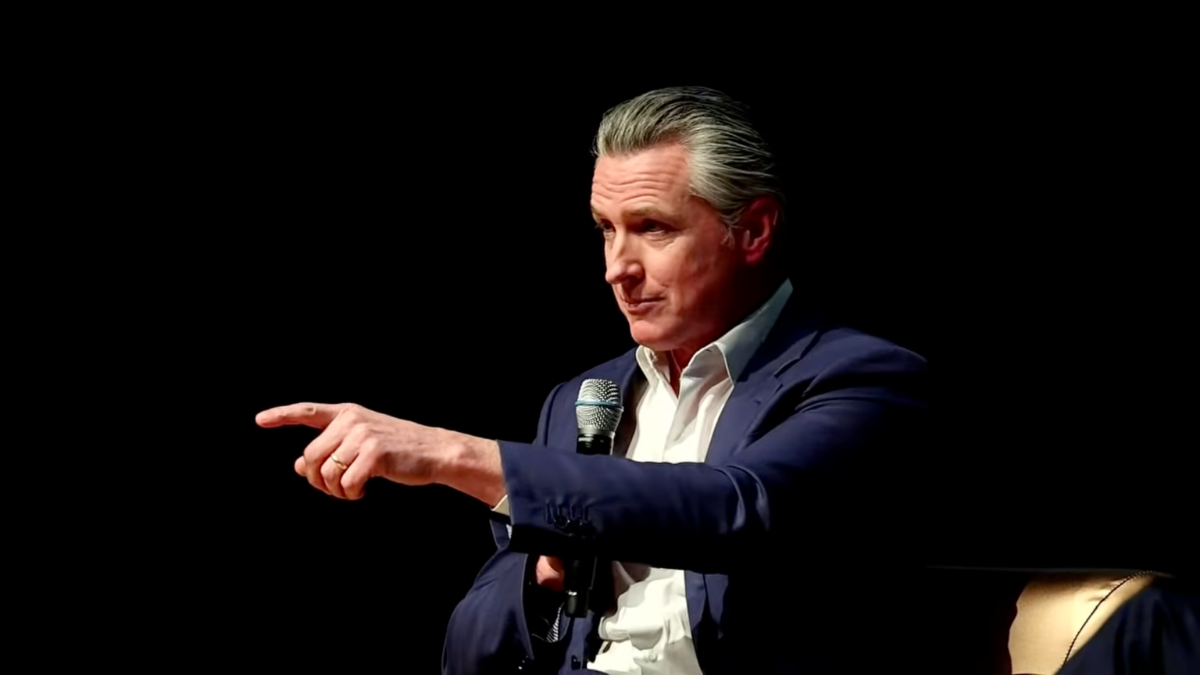
Let’s be clear about one thing: John Boehner quit because he was going to get fired. It’s all fine and dandy to describe the Speaker as an “institutionalist” – a word we have not heard so frequently used since the Beltwaysplaining of Chief John Roberts – but if Boehner is, he was an institutionalist about to be rejected by the institution (or by the slimmest of chances, sustained as Speaker only by the good graces of the opposing party). Under Boehner’s leadership, the institutional standing of the Republican Congress has crumbled to record lows. He departs as the least popular Speaker in three decades. The idea that this approach was one designed to appeal to some higher purpose is simply laughable. One does not fall on a sword when your head is already in the guillotine.
That said, there is a logical basis for this move, and Boehner is not wrong to take it. By leaving in the manner that he is, Boehner avoids taking his friends down with him. The spilling of even more blood among Republican moderates – many of whom will be his future lobbying targets. Incumbents who were looking at certain primary challenges now have an out. How exactly is it selfless for Boehner to clear the path to dealmaking with the Democrats, protect moderate Republicans from having to defend it, and leave a terribly messy situation for Kevin McCarthy, his likely successor? Considering the rash of bad deals – likely worse than the one to be cut this week – that appear on the December horizon. Unfortunately for McCarthy, a temporary placeholder speakership might actually be more desirable than having the job for the next six months.
So whose fault is it that Boehner is out? The obvious culprits are the meddlesome Tea Party or the pro-lifers or those members actually pushing the motion to vacate. There is a more subtle case to be made that it’s the weak sisters in the Republican conference who, even on an issue as core to the party’s existence as life, remained dead-set against using the Constitutional power of the purse to eliminate a few hundred million in taxpayer funding for an organization engaged in profiting from death. But the person to blame for Boehner stepping down ought to be absolutely clear – the actual target of far more conservative frustration than John Boehner: Mitch McConnell.
Set aside the Planned Parenthood conversation, the silly talk about “messaging” and the like, and get back the Why of “Why are we here?”. Why are we dealing with the current CR-based shutdown conversation? It’s not because of Boehner’s actions, but because of McConnell’s decision about how to deal with recalcitrant Democrats. It goes back to when Democrats decided in June to filibuster the Defense appropriations bill, as part of their strategy to filibuster any and all appropriations bills until Republicans were willing to renegotiate the sequester. This was a golden opportunity for McConnell: Democrats weren’t filibustering just any bill, they were filibustering a bill that does things like, well, pay the troops. It was an extremely aggressive and perhaps unsustainable step. Democrats took it only because they were confident McConnell would gripe about it, but ultimately cave.
To understand the missed opportunity here, consider what could have happened if McConnell was not so dedicated to keeping the Senate “open for business” and working with the president on other priorities. Imagine instead what would have happened if McConnell saw the opportunity to break Reid and isolate the president on spending. He could have canceled all other Senate business, canceled the recesses, and forced the Democrats to block the Defense appropriations bill every 72 hours until September 30^th. No weekends off, no holidays, keeping 75 year old men up all night for days, allowing no personal comforts until the filibuster is broken. In stark comparison to the media’s willingness to hide the ball on Planned Parenthood, Republicans would have been gifted with three months of messaging on “Democrats are so angry at the American people for taking away their majority, they are refusing to pay the troops.”
Instead, McConnell did what Democrats expected him to do. He griped about it, moved on, and looked to a continuing resolution. He extracted no price at all from Reid and his caucus for shutting down the budget process. There was no pain or penalty for Democrats for killing the appropriations process. That, after all, would have required working weekends.
The truth is that the budget process, in the absence of earmarks, is extremely inconvenient for members. Republican leadership was not serious about restoring it – requiring them to rake members over coals for weeks on end and degrade the quality of life of being in the Senate. McConnell would be viewed as a giant a-hole, sure – but this is what it takes. Eventually, Democrats would have broken, and the appropriations process would have proceeded. So today, instead of looking at a looming shutdown, it would be at most a couple of departments at risk of losing funding.
Senate Republican leaders have allowed the obstruction of the budget process (Congress’s core reason for, you know, existing). They chose personal convenience over the hard work of breaking the Democrats. And they conceded themselves to the view that President Obama has the power of the purse, and Republicans should be satisfied running against his abuse of it.
And that’s why it’s a shame to hear from the outgoing Boehner, defeated and depressed, warning of “false prophets” like Ted Cruz. The actual words Boehner says about the Obamacare shutdown battle indicate how he’s got things turned around. “Over the course of the August recess and September in 2013… my Republican colleagues… they were getting a lot of pressure from home to do this.” Don’t fall into the trap of thinking this is about pressure that comes from Washington, any more than Borders should blame Amazon over their lost customers. It is a case of a complete asymmetry of understanding. Republican Party leadership and the donor class have acquiesced to the idea that a second term president is an uncheckable emperor who can do whatever he wills. They remain frustrated with the significant portion of their base that refuses to go along with this new understanding of the separation of powers.
So Republican leaders say: “Barack Obama is effectively our king so long as Democrats stand with him – and you must accept this fact.” But still, the conservative base asks: “Why?”









